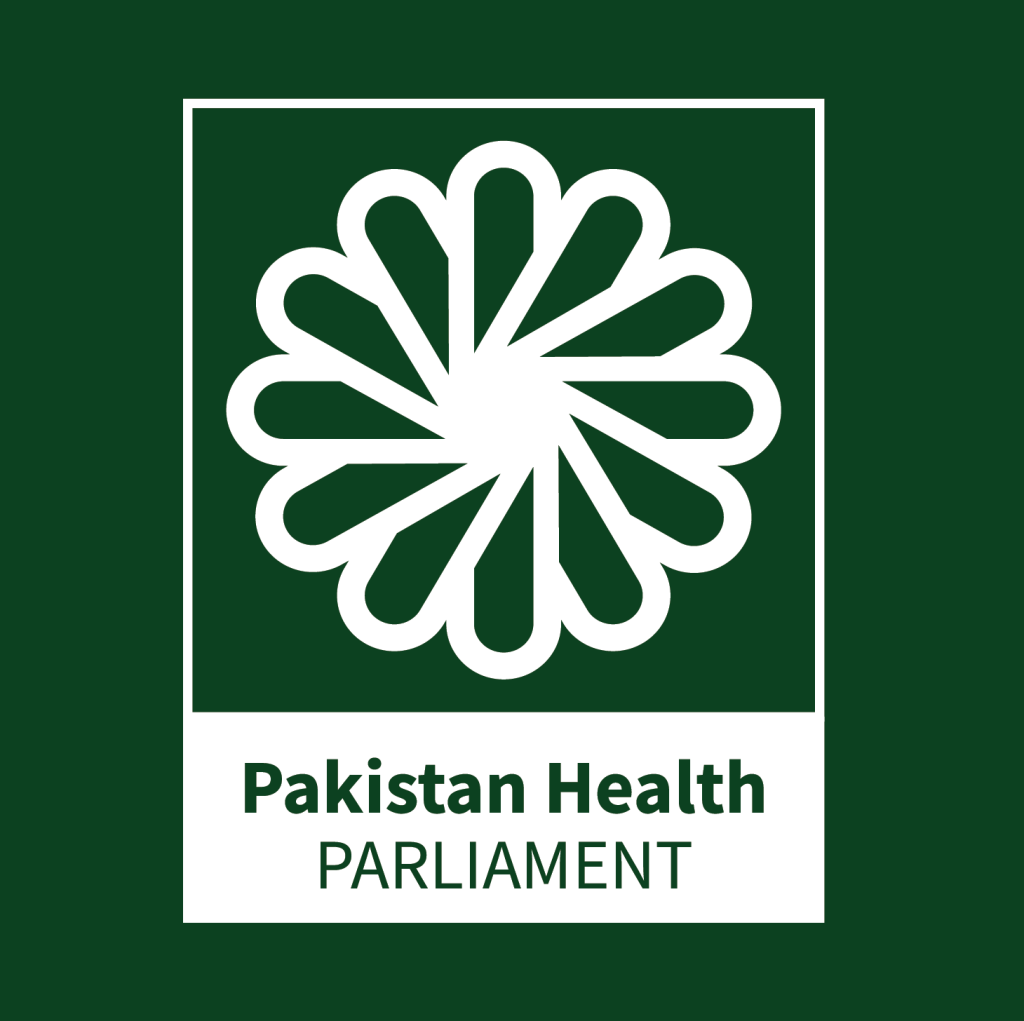Air pollution has become a growing public health concern in Pakistan, particularly in major cities like Lahore, Karachi, and Faisalabad. This environmental issue poses a significant threat to the health and well-being of millions of citizens.
The Severity of the Problem:
- Air pollution is linked to respiratory illnesses, cardiovascular diseases, and even cancer.
- Children, pregnant women, and older adults are particularly vulnerable to the health effects of air pollution.
- The economic burden of air pollution is also substantial, with costs associated with healthcare, lost productivity, and environmental damage.
Taking Action:
- Identifying and addressing the sources of air pollution, such as industrial emissions, vehicle exhaust, and agricultural burning, is essential.
- Promoting clean energy sources and sustainable transportation options can significantly reduce air pollution.
- Investing in air quality monitoring systems and public awareness campaigns can empower individuals to make informed choices and advocate for change.
Addressing air pollution requires a multi-pronged approach involving the government, industries, civil society, and individuals. By implementing effective strategies and fostering collaboration, Pakistan can create a cleaner and healthier environment for all its citizens.

